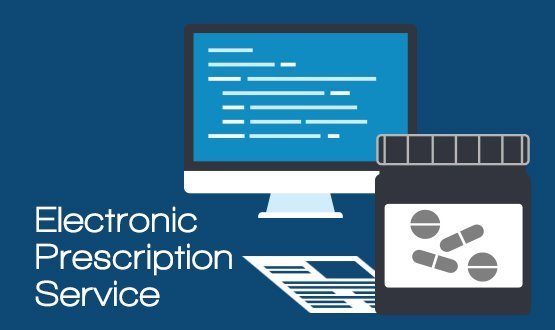Portsmouth has become the first area in the country to offer electronic prescriptions to all patients.
NHS Portsmouth Clinical Commissioning Group (CCG) has piloted an update to the electronic prescription service (EPS), which allows prescriptions for all patients to be sent digitally.
Previously it only applied to those who had chosen a regular nominated dispenser. NHS Portsmouth CCG is the first in the country to have 100% of their GP practices able to use the EPS.
The system saves time and money by reducing the amount of paperwork needing to be processed by GPs and pharmacists. Once the NHS Digital system, implemented in Portsmouth, is rolled out across England it is estimated it will save the NHS £130m a year.
Simon Cooper, director of medicines optimisation at NHS Portsmouth CCG, said: “Moving from what was essentially a paper-driven process to an approach which is primarily digitally-focused means much greater efficiency for our GP practices and dispensing pharmacies in terms of time and accuracy, and this can only be positive for patients, too.
“It’s also helping to create a much more accurate picture for us in terms of assessing prescribing data, which we can now do more quickly and with a greater degree of confidence in the information we are reviewing.”
There will be no change to the way patients request and collect medicines, or the process of medicines being prescribed by GPs.
Patients without a nominated pharmacy will still receive a paper copy of their prescription, but it will also contain a barcode for pharmacy staff to scan to download their electronic prescription from NHS Spine.
Patients with a nominated pharmacy will have their prescriptions sent electronically.
Richard Ashcroft, programme director for medicines and pharmacy at NHS Digital, said: “This is a major step forward for patients, GPs and pharmacists. Portsmouth CCG have worked hard to introduce EPS Phase 4 and we look forward to other areas of the country following their lead soon.
“Every single prescription that is sent electronically, rather than via paper, saves money for the NHS as less time and valuable resource is spent processing and storing the paper prescriptions.”
The use of EPS was pushed out nationally across urgent care settings following a successful pilot in 2018.
The decision means patients seeking treatment from participating walk-in clinics, minor injuries units and NHS 111 will be able to have their prescriptions sent electronically to a pharmacy.
In March this year controlled drugs, excluding oral liquid methadone, were added to the EPS after a pilot was deemed a success.
More than 90% of GP practices and pharmacies are already live with the EPS, but controlled drugs like morphine or pethidine were previously not included on the system.

